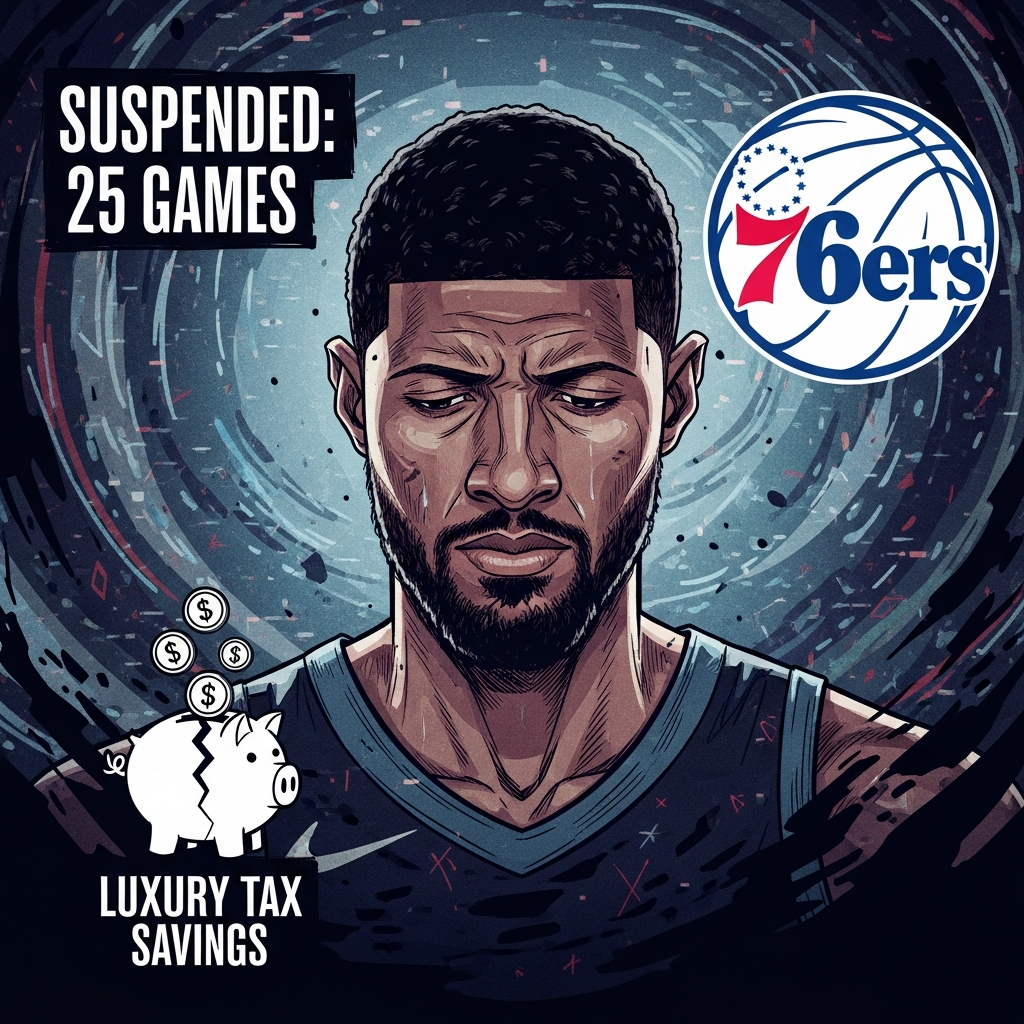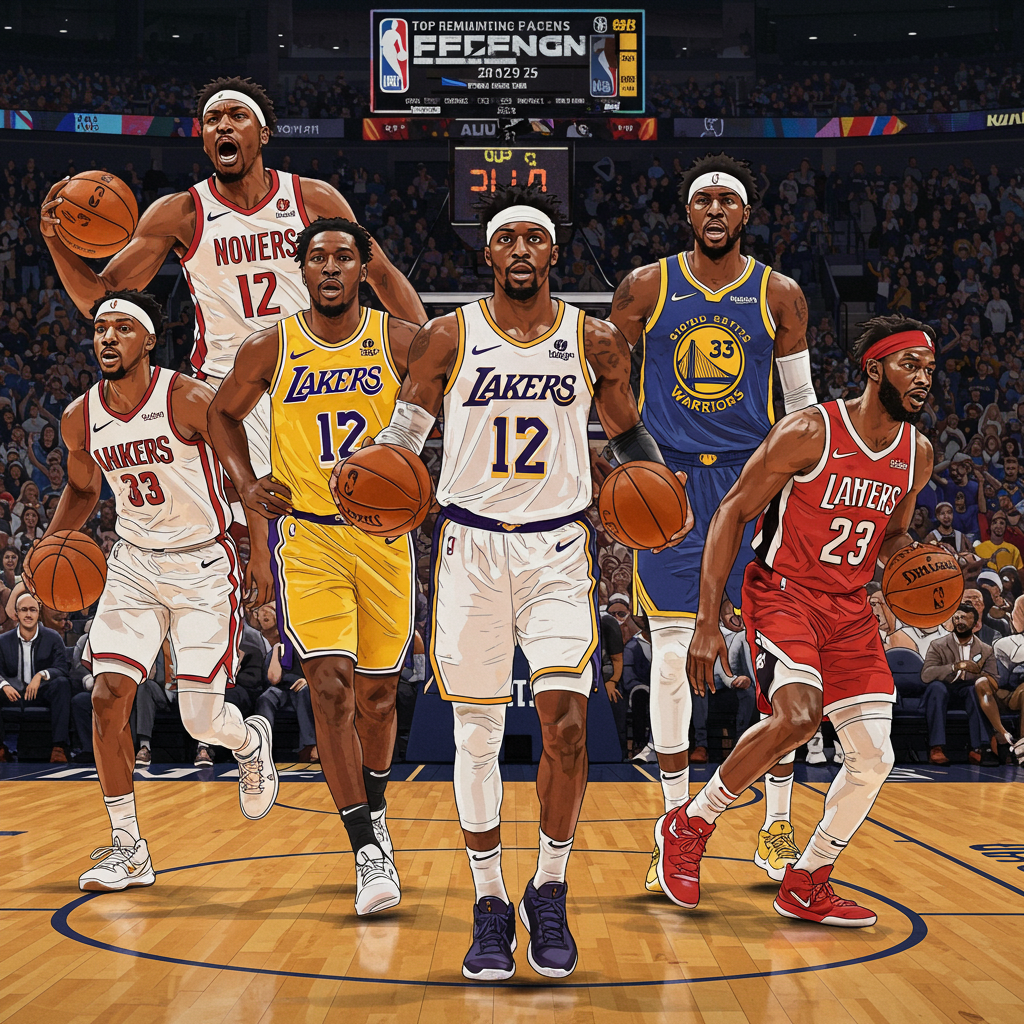Phoenix Suns’ Kevin Durant Dilemma: Why the Franchise Holds All the Cards in Trade Negotiations
Since acquiring Kevin Durant in a blockbuster deal, the Phoenix Suns have invested over $100 million in the superstar forward. Despite this significant financial outlay, the on-court return has been limited, with the team securing just two playoff victories in his two-and-a-half-year tenure. This stark reality forms the foundation of a clear perspective from within the organization: the Suns owe Kevin Durant nothing when exploring potential trade partners.
While Durant remains an undeniable offensive force and an elite NBA scorer, delivering impressive stats like his consistent 27 points per game on 52.7% shooting, his individual brilliance hasn’t translated into team success in Phoenix. Despite Durant’s assertion that basketball is a team sport and individual stats shouldn’t bear the blame for collective failure, observers noted a decline in team chemistry during his time on the roster. The team’s performance arguably worsened year after year with him present, and even star guard Devin Booker’s production saw a perceived regression in his presence (though this could be coincidental). Ultimately, Durant didn’t manage to elevate the team from a competitive standpoint.
Despite this outcome, some voices suggest the Suns have an obligation to accommodate Durant’s preferences, perhaps by trading him to a preferred destination or ensuring he lands with a team willing to offer him a contract extension beyond his current deal. This perspective views forcing a player of Durant’s stature to play on an expiring contract at his age, in a city he didn’t choose, as potentially unfair.
However, from the Suns’ perspective, this notion is unfounded. Had Durant led the franchise to a championship, achieved a deep playoff run, or even demonstrated a willingness for self-sacrifice for the team’s benefit (like taking a crucial desperation shot regardless of its impact on his shooting percentage), there might be more sympathy for prioritizing his desires.
But the current reality is that the Suns find themselves in a challenging position. They are frequently mocked by national media, possess limited future assets, and face salary cap constraints as a second-apron team. This financial situation and lack of draft capital significantly complicate trade negotiations.
The teams potentially interested in acquiring Durant, especially those willing to commit another nine-figure sum to a player nearing 37, are often reluctant to simultaneously surrender premium players and draft picks to Phoenix. They may also perceive the Suns’ front office, led by General Manager Brian Gregory, as inexperienced and potentially ripe for exploitation.
Durant’s concerns about potentially being traded to a non-preferred location, such as Toronto or Minnesota, are valid. Such a move would likely mean playing the 2025-26 season on an expiring contract, drawing intense scrutiny and potentially adding another layer of complexity to his controversial legacy should he decide to leave that team afterward.
Despite these complexities and the perceived difficulty for the front office, multiple reports indicate trade talks are intensifying between the Suns and Durant’s representatives. A list of potential suitors has emerged, reportedly including the Knicks, Rockets, Spurs, Heat, and Timberwolves, alongside several ‘wild-card’ teams.
However, executing a deal is fraught with challenges. For instance, while the Knicks have shown interest and even made an offer at the prior trade deadline, salary matching is complicated for the Suns. While a player like Karl-Anthony Towns has been speculated in trade frameworks, sources suggest the Suns have little interest in acquiring him, despite his friendship with Devin Booker. Instead, they reportedly prefer players like OG Anunoby or Mikal Bridges. However, combining salaries like Anunoby’s and Bridges’ to match Durant’s larger contract becomes difficult under the second-apron rules the Suns operate under, preventing salary aggregation in certain ways.
The possibility of the Minnesota Timberwolves revisiting trade talks, perhaps leveraging the positive relationship between Anthony Edwards and Durant, highlights a potential destination that might not be at the top of Durant’s list but could still offer the Suns a viable return. If the Suns are indeed using the threat of trading Durant to a location outside his preferred list to gain leverage and secure a better package, it suggests the front office is employing a necessary strategy given their circumstances.
In a situation where the franchise needs to prioritize its own best interests above all else, especially with limited assets and financial restrictions, the Suns cannot afford the luxury of prioritizing player etiquette or empathy. Their sole focus is, and should be, securing the best possible deal to improve the franchise’s future, regardless of Kevin Durant’s personal preferences or legacy considerations. The obligation is to the team’s well-being, not the player’s.


